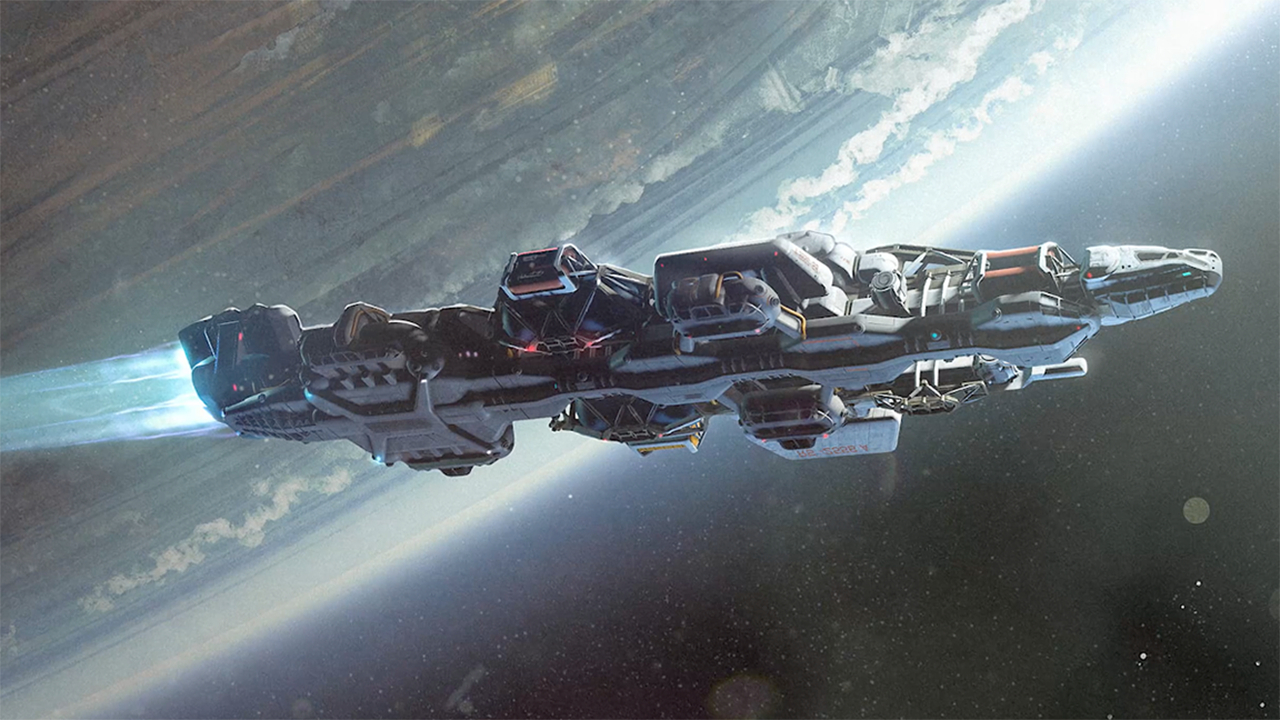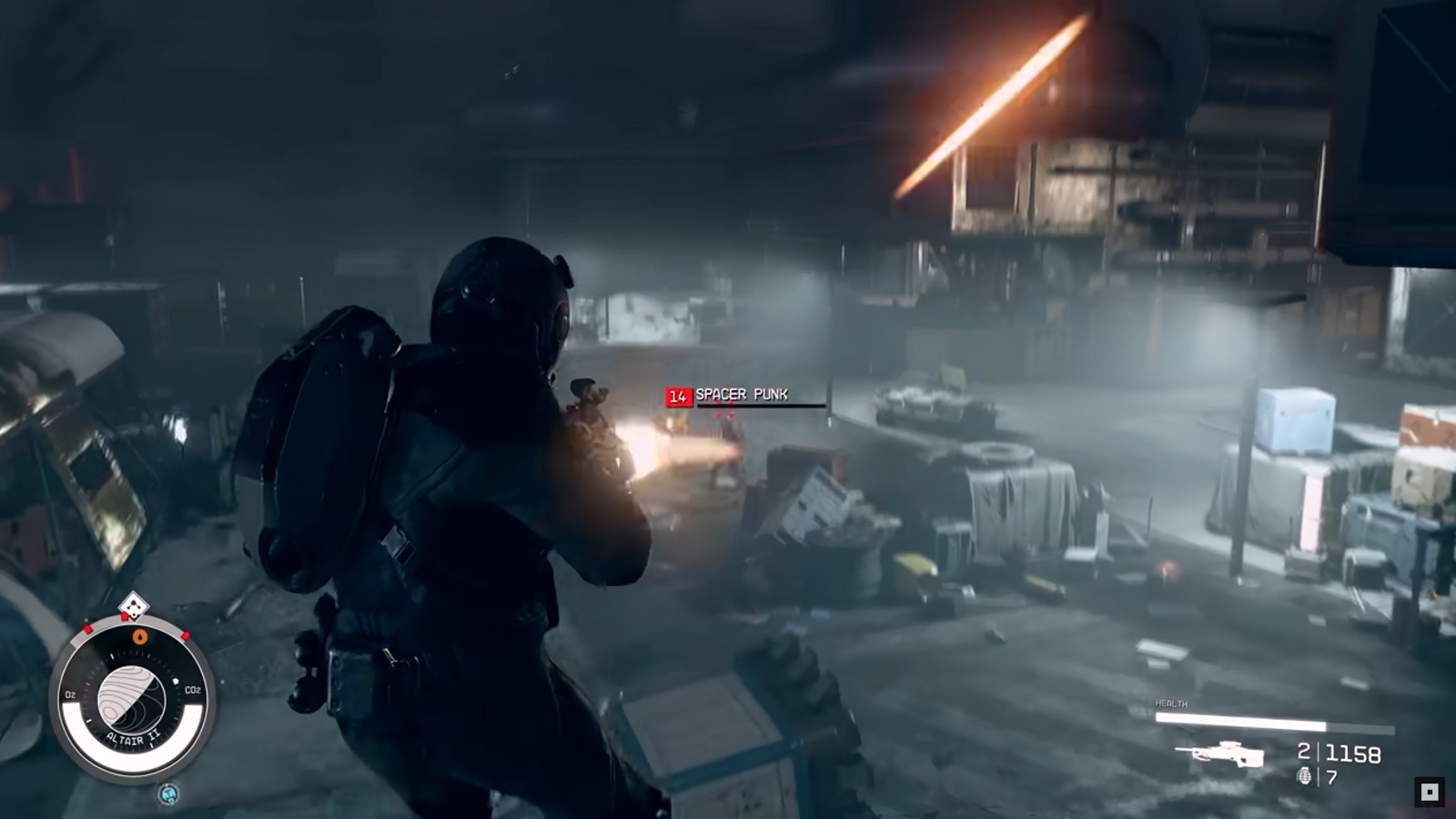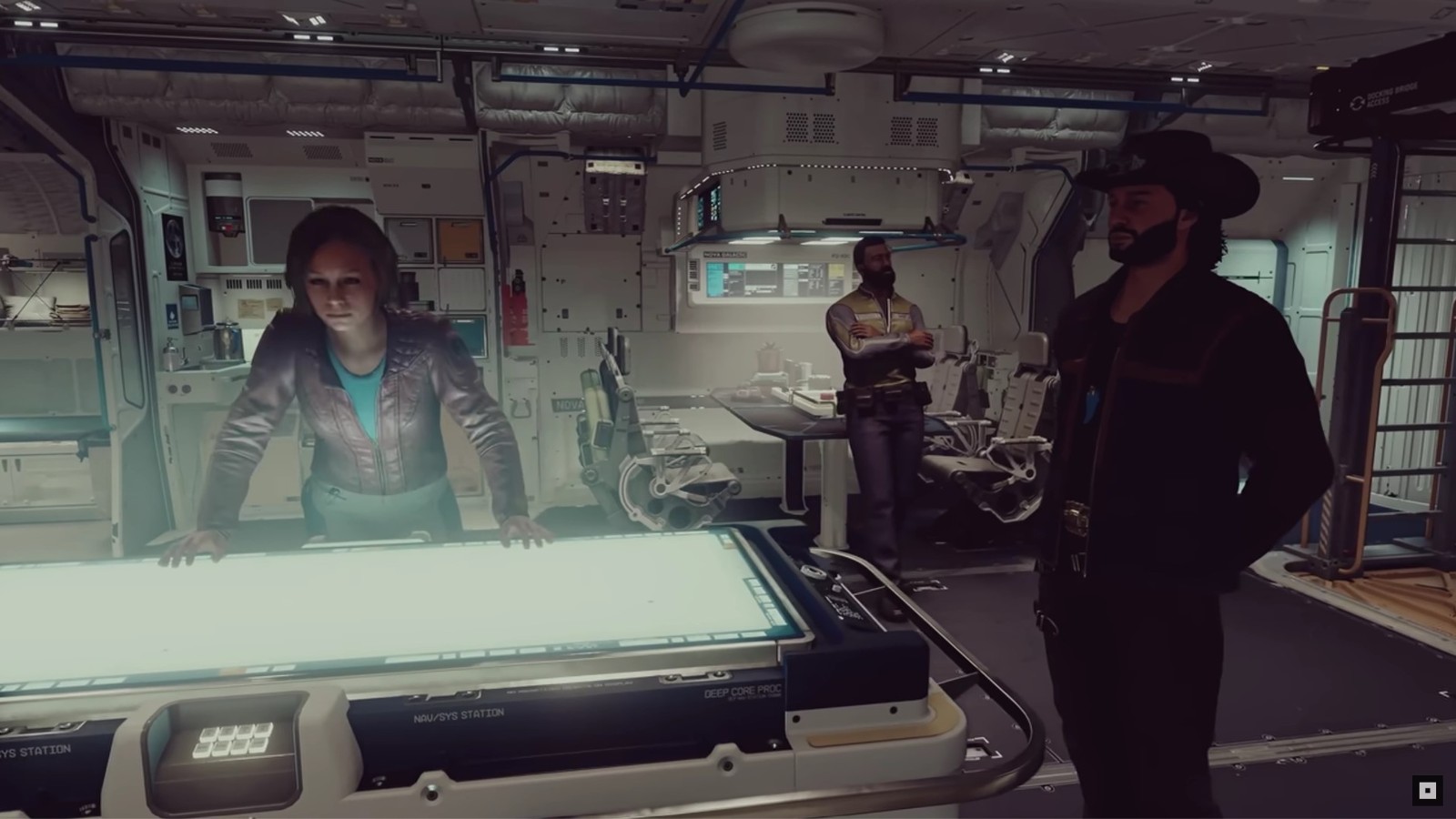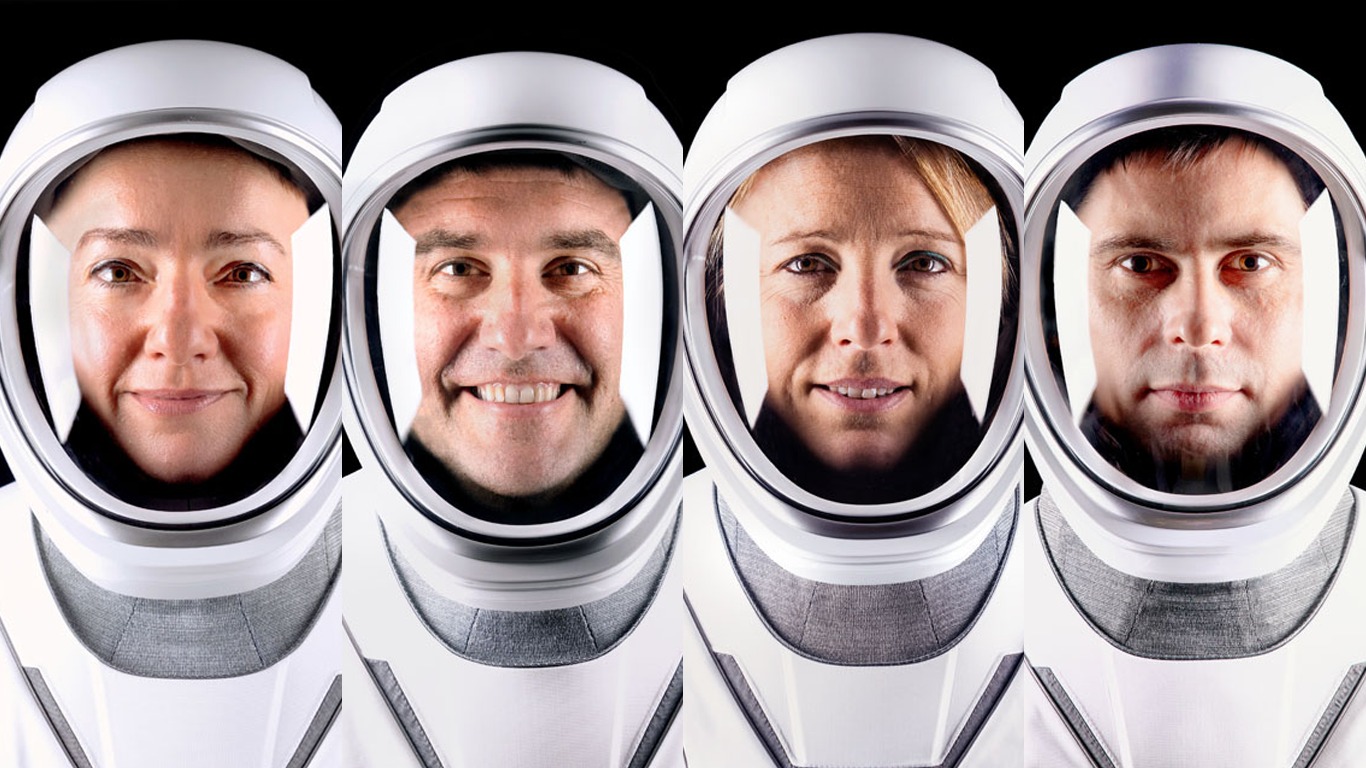Is 'Starfield' a far-flung fantasy or a glimpse of mankind's space-bound future?
What to expect from Bethesda Game Studio's new space settlement adventure Starfield and its take on life among the stars.
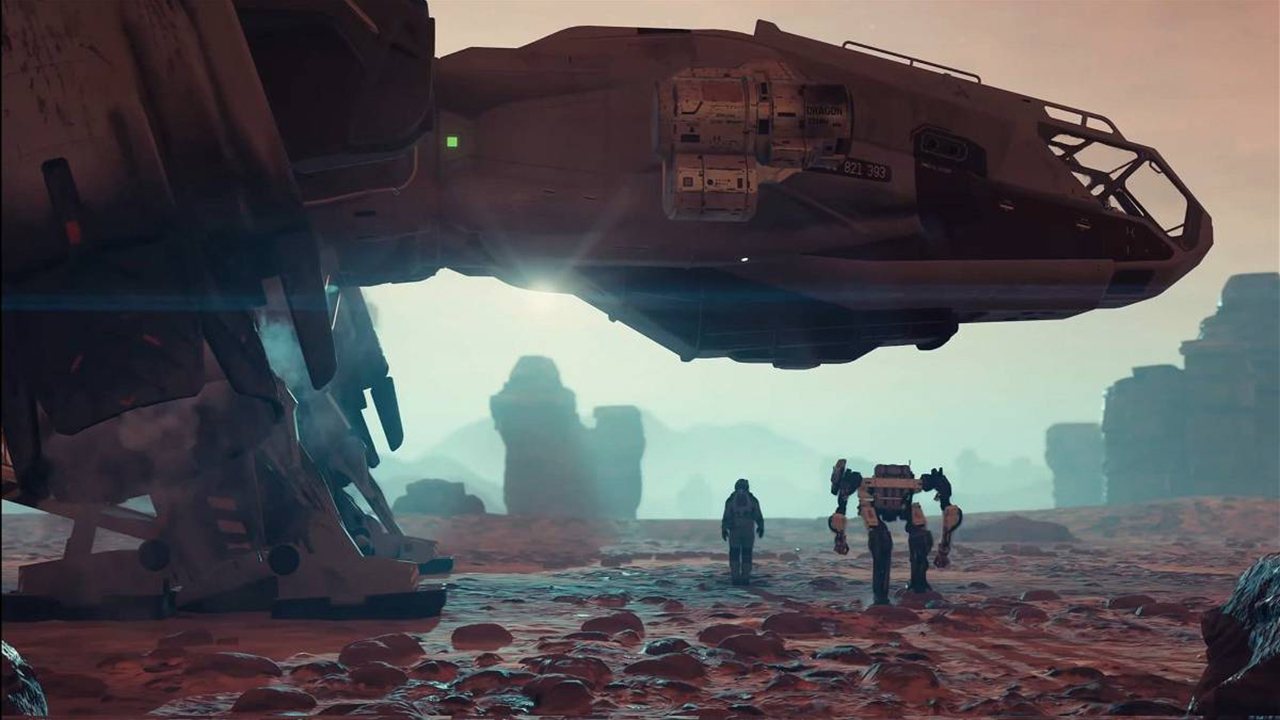
After what feels like light years of waiting, the long-awaited Starfield has finally arrived. Anticipation for the video game's release has been bubbling for months now, as excited gamers look forward to spending far longer than necessary in the game's character creator mode before strapping in to blast off and explore the far reaches of the galaxy.
Starfield has been created by Bethesda Game Studios, the legendary video game developer that has become renowned for constructing vast game worlds where the freedom of players is only curtailed by the breadth of their imaginations.
Apply that design principle to a game about galaxy exploration and you can see why excitement is high at the possibility of one of the new best space exploration games out there. With Russia and India recently joining the ranks of national space programs to significantly ramp up their ambitions, not to mention the continued rise in private organizations looking to commercialize the sector, real-life interest in space travel is reaching a peak we haven't seen in decades. In a classic case of art mirroring life, the release of Starfield mimics that spike in interest perfectly as, once again, we find ourselves looking up to the stars and dreaming.
Related: 'Starfield' animated anthology introduces gamers to its inhabited planets (videos)
That's not to say that Starfield will in any way reflect the reality of life in space. Sure, the developers have worked hard to cultivate a 'lived-in' aesthetic that has successfully permeated the game's promotional run generating a stir of excitement that the role-playing adventure could present an immersive simulation of the life of a nomadic space explorer. However, with the game's seeming fast and loose approach to concepts such as artificial gravity and faster than light travel, Starfield promises to be a grounded take on space opera that won't have many confusing it for hard sci-fi.
Capturing the spirit
Nonetheless, early takes on the game have been commending it for capturing the spirit of space travel, if not all of the realism that can accompany it. So, as the game aims for a successful launch mission, blasting gamers across the globe into the far reaches of a simulated galaxy, how is Starfield tipped to give would be spacefarers a taste of stepping out into a life among the stars? Will it become one of the best space settlement games out there?
Certainly, the nature of that stepping will reflect the challenges of spacefaring with developers having shown off footage of different planets that sport varying levels of gravity. Planets with gravity levels that are particularly high or low will compel players to consider how best to traverse their surfaces. Likewise, Bethesda has previously shown footage of combat encounters where the player harnesses lighter gravitational forces to rain destruction down on their foes.
Breaking space news, the latest updates on rocket launches, skywatching events and more!
Zero gravity environments are present too, with developers teasing that they will pose a different kind of challenge to players. For example, use of ballistic weapons in zero-G will push players backwards as Newtonian physics take hold, although canny gamers will likely find ways to turn this to their advantage during zero-gravity firefights.
Starfield isn't the first video game to make gravity a foundational and fun core mechanic, but it does look like it could boast some of the widest integration of space-based mechanics that we've seen in a major gaming release. Undoubtedly, the game's depiction of wider space travel will mirror some aspects of extra-planetary travel. Ships will be designed and improved in a modular fashion, the direction that real-life craft design continues to move in, ironically with the aid of former video game designers.
Take a breath
Likewise, developer-led deep dives that have previewed the game have indicated that oxygen has play a part in adding an extra dimension of risk to planetary adventuring. Indeed, the game's HUD does feature a constant oxygen readout to keep track of, but this mechanic works more like a reskinned stamina bar, a classic staple of combat-oriented video games.
It's the flavour of space travel, without adding an actual oxygen management mechanic. That's something of a shame for players looking for a more immersive experience might enjoy the extra challenge posed by limited oxygen. However, we can see how this mechanic might get in the way of the Starfield's core gameplay focus of exploring planets (even if those planets do have invisible walls as some leaked recent footage seems to suggest).
Still, if Bethesda's previous title, Fallout 4, is anything to go by, players will be able to ramp up the difficulty settings meaning that oxygen supply could become a critical factor in planetary exploration down the line. The same can't be said for fuel supplies though, with the studio's head, Todd Howard, recently confirming that your spacecraft won't be able to run out of fuel. Instead, the game simply won't let you travel without sufficient juice to reach your destination. Of course, fuel is a crucial factor in determining the boundaries of humanity's space travel and whilst that doesn't look to be a factor in Starfield, there'll no doubt be other ways that the game initially limits exploration of the wider galaxy.
Missing features
With sex set to be tastefully sidestepped in the game too, it looks like players won't have to worry about the conundrum of how to actually maintain the population by encountering the proposed difficulties of zero-G copulation. Likewise, it has been suggested that as in previous Bethesda titles, adoption will feature in the game rather than your player becoming pregnant. Whilst this avoids the ethical minefield of charging into combat encounters with an unborn child on board, it does mean that another aspect of permanent space colonization, that being the bearing of children in environments other than Earth, likely won't be explored.
So, Starfield may be missing a few aspects of life among the stars, but so what? When all is said and done it's a video game, designed to entertain and early reviews of Starfield have praised its scale. Ultimately, it's this aspect of the space exploration game that players are most looking forward to, the ability to discover uninhabited worlds, not to mention visiting human-built space colonies that have existed for centuries.
Ultimately, it's this tantalizing glimpse of a distant spacefaring future that will draw in players. Curiosity, that most human traits will have players spending countless hours roaming and exploring, discovering and charting as they seek adventure beyond the stars. But, of course, every game has its limits and Starfield's seem to come in the form of pesky invisible walls. That's something real at least, that real spacefarers have yet to encounter.

Dan's interests sit squarely at the intersection of science fiction and cinema, two childhood obsessions that he loves writing about this day. As video editor for UK outlet Film Stories he loves writing about movies every day. Dan has a degree that he's never used, believing instead that the answers to all of life's questions can be found by gazing at a huge screen in a darkened room in the company of strangers. You'll usually find him here at Space talking about sci-fi movies and games.
